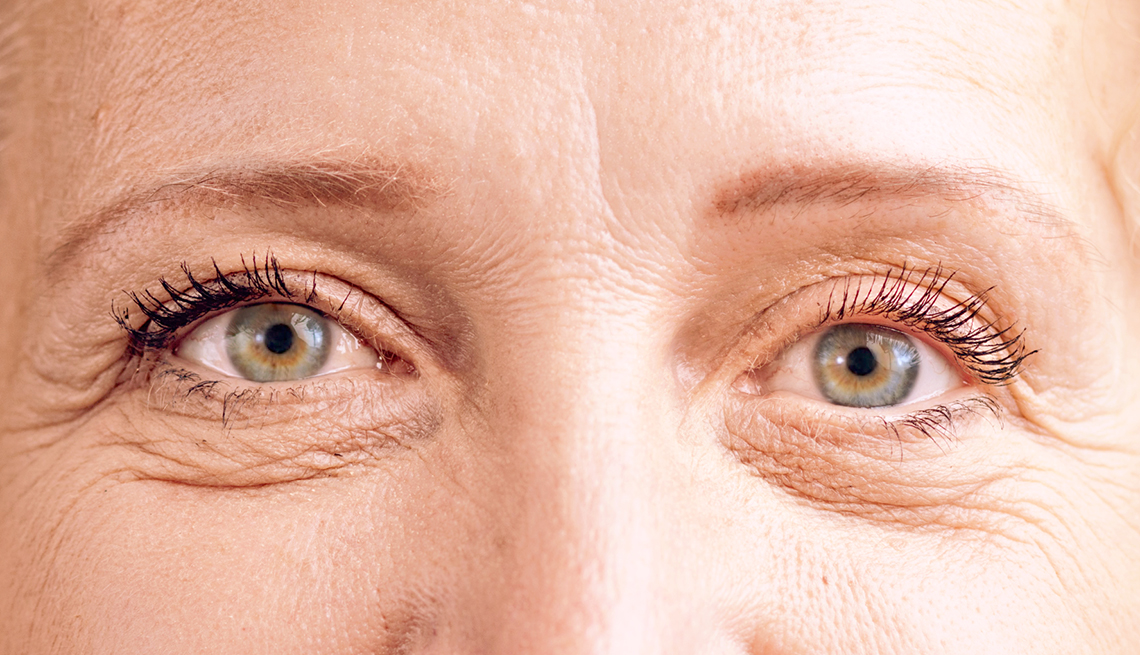All Categories
Featured
Table of Contents

Regular eye exams are essential for keeping excellent vision and spotting possible eye wellness problems early. However, the frequency of these examinations can differ considerably based upon an individual's age, way of living, and overall wellness. Comprehending the recommended schedule for eye examinations can help make certain that people of every ages receive appropriate treatment and tracking for their eye health and wellness.
Infants and Toddlers (0-2 Years)
For infants and kids, eye exams are vital for detecting any kind of possible vision troubles at an early stage. The American Academy of Ophthalmology suggests that a child's very first eye test should occur at around 6 months of age. Throughout this first check out, the eye treatment specialist will certainly assess the child's aesthetic growth and check for any obvious eye issues.Following this first test, it is suggested that children have another eye examination at age 3. This see will focus on examining the youngster's total aesthetic feature, including eye positioning and the capacity to track objects. If no problems are discovered, the following test should be arranged before the child starts school, commonly around age five or six.
School-Aged Kids (6-18 Years)
Regular eye examinations must be scheduled every one to two years as soon as children get to institution age. Vision is vital for discovering and advancement, and several institutions conduct vision testings. These screenings do not change a detailed eye examination by an eye treatment specialist.For children included in tasks or sporting activities calling for significant aesthetic focus, annual eye examinations might be advisable. Additionally, if a kid shows signs of vision troubles-- such as difficulty checking out, squinting, or constant frustrations-- a see to the eye medical professional must be arranged as quickly as possible.
Youthful Adults (19-39 Years)
Youthful adults typically have less vision adjustments than older age, yet regular eye tests continue to be vital. The basic recommendation is to schedule an eye exam every two years throughout this duration. Individuals with details danger factors-- such as a family history of eye condition, diabetes mellitus, or those who wear get in touch with lenses-- need to take into consideration yearly eye tests.Additionally, those who spend significant time on digital tools might experience digital eye strain. If signs such as dry skin, tiredness, or blurred vision happen, it might be smart to see an eye treatment specialist sooner.
Adults (40-64 Years)
As individuals get in midlife, the probability of establishing vision problems rises. Adults aged 40 to 64 must arrange eye tests each to 2 years. This age might start to experience presbyopia, an all-natural age-related condition that makes it testing to concentrate on close things. Eye tests can also aid identify other typical age-related conditions such as glaucoma, cataracts, and macular deterioration.If people in this age group have danger aspects like high blood stress or diabetes, they might require more regular examinations to monitor their eye wellness carefully.
Seniors (65 Years and Older)
For elders, regular eye tests end up being also extra crucial. The American Optometric Organization recommends that people aged 65 and older have an eye examination at least as soon as a year.Verdict.
Understanding the proper schedule for eye tests based on age is important for keeping ideal eye wellness throughout life. By adhering to these standards and seeking advice from with an eye care expert, individuals can take proactive actions towards maintaining their vision and total wellness.Table of Contents
Latest Posts
Constructed on Quality, Driven by Solution
Published Apr 21, 25
1 min read
Looking for Full-Service Vehicle Service Near Me? Car-X St. Louis Provides Excellence and Convenience
Published Apr 21, 25
1 min read
Maximize Your Financial Savings with Love My Cooperative Credit Union Incentives
Published Apr 21, 25
1 min read
More
Latest Posts
Constructed on Quality, Driven by Solution
Published Apr 21, 25
1 min read
Looking for Full-Service Vehicle Service Near Me? Car-X St. Louis Provides Excellence and Convenience
Published Apr 21, 25
1 min read
Maximize Your Financial Savings with Love My Cooperative Credit Union Incentives
Published Apr 21, 25
1 min read